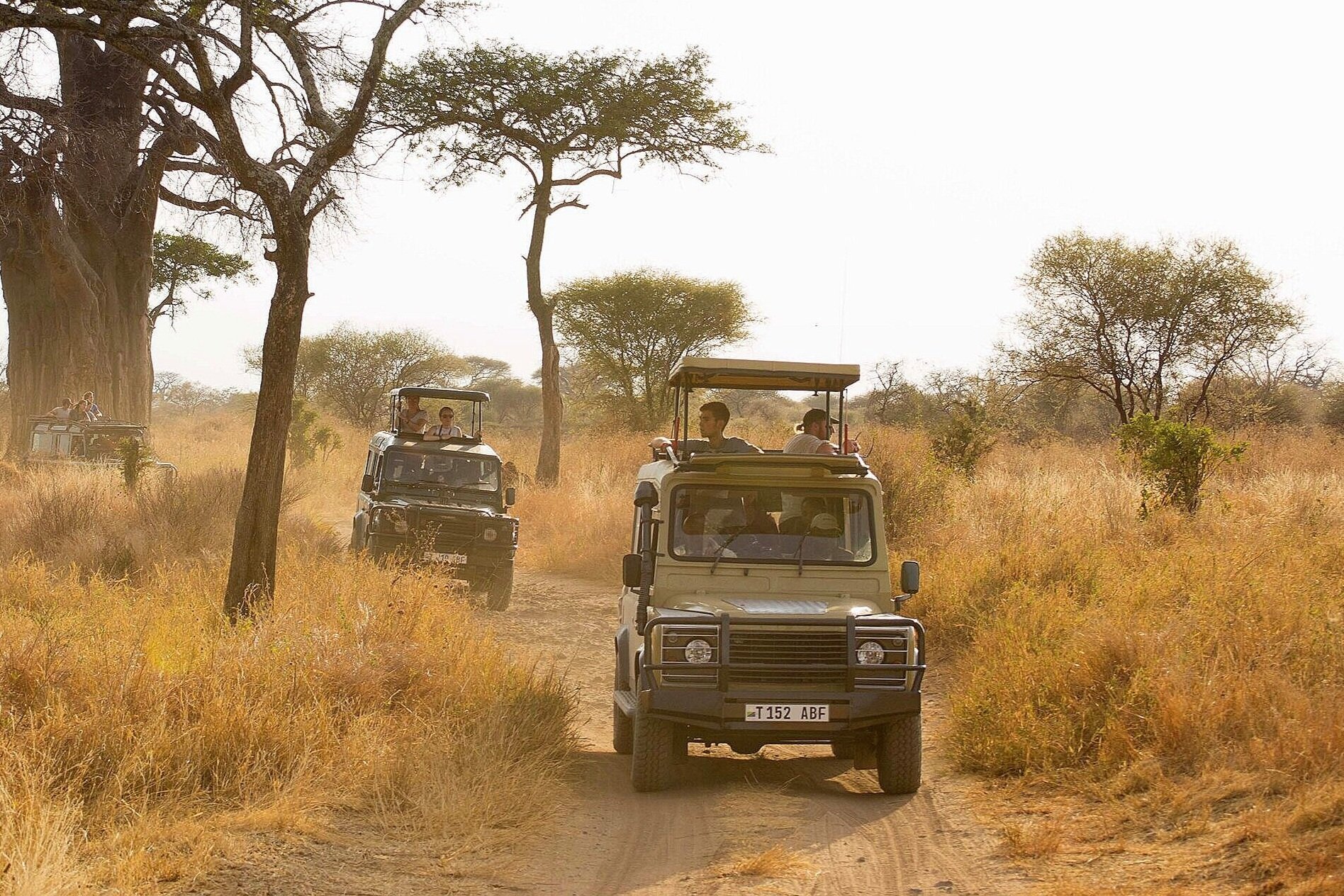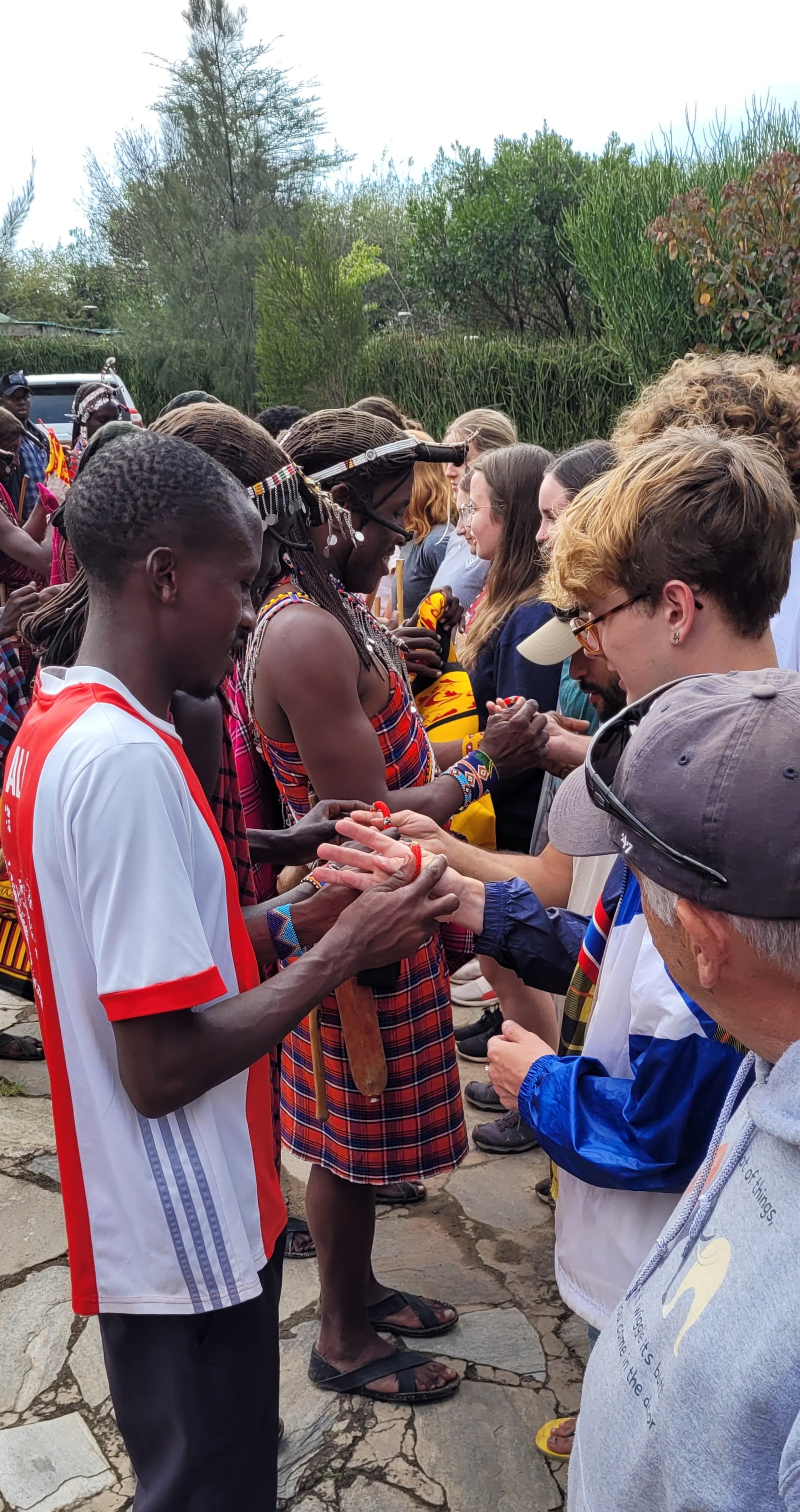
Discover the intricacies of how RIDE International plans and executes transformative student trips, from program development to safety measures to cost structure.
How It Works
Jump to a section: Development Process | Academics | Cost Structure | Safety & Security
Education & Transformation
RIDE create study abroad trips for students studying at colleges and universities in the United States and Europe. We work with faculty and staff from those schools to create programs for undergraduate and graduate students of any discipline. Using our 10-Step Process, you can design a custom student program completely tailored to your interests. Trips can be an academic, credit-bearing program or an educational, non-credit-bearing tour. For students to receive academic credit on RIDE programs, we require that your institution either sends a faculty representative to co-teach the program and/or hire a RIDE instructor as an adjunct for the duration of the program. Our team handles everything needed to make the program happen such as travel logistics, local transport, flight coordination, risk management strategy, accommodation, meals, local experts and more. We also collaborate with faculty and staff to develop syllabus and course content deserving of academic credit. Participants on our Student Trips pay a low-cost, comprehensive Program Fee that covers ALL in-country transport, 3 meals per day, housing, field assistants, and excursions.
All that we will need from you:
Type of program (highschool/undergraduate/graduate, credit-bearing/non-credit-bearing, short-term/full semester)
Academic focus of the course(s)
Desired dates & trip length
Minimum number of students
Sample Program Types
Plan a semester-long field studies program in Kenya, Rwanda, Tanzania and/or Uganda.
Typically 3-4 months. Fall or Spring.
What’s a better way to escape the cold than exploring and learning in sunny Kenya or Tanzania?
Typically 2-3 weeks. November through January.
Utilize the summer break to lead a experiential learning course in both Kenya and Tanzania.
Typically 2-6 weeks. May through August.

10-Step Process
Developing a tailor-made student course or program with RIDE is a straightforward process that allows faculty or staff from colleges and universities to create an enriching academic program:
1. Define the Course Topic: Choose the academic focus of the program, such as environmental studies, community development, or cultural anthropology.
2. Desired Dates and Location(s): Specify the preferred travel dates and the destinations within East Africa where the program will take place, considering factors like seasonal weather and cultural events.
3. Ideal Number of Participants: Determine the number of students and any faculty/staff chaperones who will participate in the program.
4. Credit-Bearing vs Non-Credit-Bearing: Decide if the program will offer academic credits or be purely experiential.
5. Program Duration: Choose the program's length, whether it's a short-term program during breaks or a semester-long study abroad experience.
6. Community Engagement: Discuss the level of involvement with local communities and the types of hands-on projects students will be engaged in.
7. Cultural Immersion: Consider opportunities for students to interact with locals, experience traditional customs, and immerse themselves in the local culture.
8. Outdoor Learning: Explore options for field studies and exploration in diverse natural settings, such as national parks or coastal areas.
9. Support and Logistics: Discuss the support provided by RIDE, including academic guidance, logistics, accommodation, meals, transportation, and on-the-ground assistance.
10. Budget and Fundraising: Work with RIDE to establish a budget for the program and explore potential fundraising opportunities to support students' participation.
With RIDE's expertise and support, faculty and staff can tailor-make an unforgettable educational experience that aligns with their institution's goals and provides students with a unique opportunity to learn, contribute, and grow in East Africa.
Jump to: Development Process | Academics | Cost Structure | Safety & Security | Return to Top
Academics
Discover the academic excellence that defines RIDE programs, delving into course topics, experiential learning, local instructors, credits, and research methodologies.
.
Experiential Learning
At RIDE, we believe in the transformative power of experiential learning, where students immerse themselves in real-world contexts to gain a profound understanding of the subjects they study. Our programs go beyond traditional classroom settings, enabling participants to engage with local communities, ecosystems, and cultures, fostering a deep appreciation for the interconnectedness of knowledge and the real world.
Central to our academic approach is hands-on research engagement. Students are guided through research methods that allow them to explore topics relevant to the program's focus. From conducting interviews with local community members to analyzing ecological data, our experiential learning model empowers students to apply their knowledge to address real-world challenges.
Collaborative Teaching
Our commitment to academic excellence is exemplified by our collaborative teaching model. Instructors from RIDE work closely with faculty from the partnering university or college to co-teach the program, ensuring a seamless integration of academic content. In cases where no faculty members are available, institutions have the option to hire a RIDE professor as an adjunct for the program's duration. This approach enhances the academic depth of our programs and provides students with the guidance of experts from both academia and the field, creating a truly enriching learning environment.
Course Topics
RIDE's academic programs are designed to offer a comprehensive and immersive learning experience, covering a range of course topics that align with the program's focus. Whether it's conservation, cultural studies, or community development, our courses delve deep into subjects that encourage critical thinking, cross-cultural exploration, and a broader understanding of global issues.
Throughout the program, students can expect a diverse array of assignments that foster both individual and collaborative learning. From field research projects and journal reflections to group discussions and presentations, these assignments encourage active engagement with the subject matter and allow participants to showcase their insights and creativity.
Credits
Upon successful completion of a RIDE program, students earn academic credits that are equivalent to those obtained during a traditional course taught at their college or university. Typically, a short 2-week program involves 3-6 credits or 130-180 total hours of coursework. These credits are recognized and administered by the partnering university or college, fostering a seamless accreditation process and contributing to students’ academic progress. With a balance of hands-on learning, research, and traditional academic components, RIDE's programs provide students with a holistic education that leaves a lasting impact.
Jump to: Development Process | Academics | Cost Structure | Safety & Security | Return to Top
Cost Structure
Through our innovative pricing model, RIDE is able to offer the most affordable trips on the market without sacrificing quality. Our comprehensive fee simplifies the process of planning your trip and allows you to focus more on the adventure.
Comprehensive Fee
RIDE's Comprehensive Fee covers all essential expenses for our student trip programs, including accommodation, meals, in-country transportation, excursions, and academic resources. With no hidden costs, our all-inclusive fee ensures a seamless and worry-free experience for students, allowing them to focus on their academic and personal growth while immersing themselves in the culture and communities of East Africa.
The fee includes:
Academic instruction
Program related travel and excursions
All in-country meals
Housing for entirety of program (homestays, camping, hostels etc.)
Daily drinking water (3 Liters)
In-country books/readers
The fee does NOT include:
Roundtrip airfare to and from the program site
Visa
Discretionary expenses (snacks, souvenirs, medicine, etc.)
Check with your study abroad office to see if they will cover any of the above. Upon being accepted into a program, we will advise students about what they might spend in-country and how to go about bringing US cash and/or credit cards.
What goes in to the fees?
RIDE offers a comprehensive fee that covers all expenses during our programs, unlike many other study abroad programs that hide costs and leave students responsible for food, transportation, and other expenses. By bundling everything into one fee, our students can apply financial aid to all aspects of their experience. Our focus is on creating a truly unforgettable journey, and we allocate all costs towards achieving this goal.
What sets RIDE apart are the exceptional excursions to remote and off-the-beaten-path destinations. Unlike other regional programs that simply transfer the classroom experience to a foreign location, RIDE provides an authentic sense of adventure. From bush camping in the Mara to voyaging down the Nile, our students truly feel like they are discovering new places, people, and experiences.
Personalized field studies
Our programs are designed for a maximum of 30 students and a minimum of 3 field instructors. In the field, we divide students into small teams of 3-5 students, each with an assigned field instructor. This personalized approach enables our students to receive the necessary support and individualized instruction.
Paying for the program
Usually RIDE develops formal partnerships with universities and colleges that it runs programs with. If so, students and other participants are able to pay the comprehensive fee through their home institution, depending on the study abroad/tuition policy. Please check with your study abroad office to find out if this is the case at your school.
Jump to: Development Process | Academics | Cost Structure | Safety & Security | Return to Top
Safety & Security
Through our innovative pricing model, RIDE is able to offer the most affordable trips on the market without sacrificing quality. Our comprehensive fee simplifies the process of planning your trip and allows you to focus more on the adventure.
Safety is Our Priority
Ensuring the safety and well-being of RIDE International's study abroad students is paramount. In East Africa, we institute stringent safety measures to safeguard students during their time abroad.
Students participating in our East Africa study abroad programs are mandated to enroll in a comprehensive health and travel insurance plan, affording them emergency medical care and support services when needed. We conduct meticulous risk assessments of study abroad locations beforehand, encompassing factors like crime rates, health risks, and local emergency response capabilities. This informs the creation of tailored safety plans, equipping students with guidelines for remaining secure and handling emergencies.
We equip students with comprehensive information about local customs, laws, and practices, empowering them to make informed decisions. We also offer 24/7 emergency support services through International SOS, staffed by crisis management professionals dedicated to assisting students around the clock. Through these measures, we prioritize the safety and well-being of our study abroad students, ensuring their experience in East Africa is both secure and rewarding.
Security Measures
RIDE students receive thorough pre-departure training encompassing personal safety, security awareness, and emergency protocols, preparing them to navigate potential risks abroad. We maintain continuous communication with local authorities and partners in East Africa to stay updated on security risks and respond swiftly to any incidents. Our robust emergency response plan is primed to address crises like terrorism or civil unrest.
To bolster security, students are equipped with emergency contact information for local hospitals and police. Our 24-hour emergency support line (International SOS) stands ready for immediate assistance. We consistently assess security situations, adjusting procedures accordingly, such as altering itineraries or implementing increased security measures when needed.
In closing, our unwavering commitment is to foster a safe environment for study abroad students in East Africa, prioritizing comprehensive security procedures to mitigate travel risks and enable students to fully engage in their studies and experiences abroad.
Jump to: Development Process | Academics | Cost Structure | Safety & Security | Return to Top











